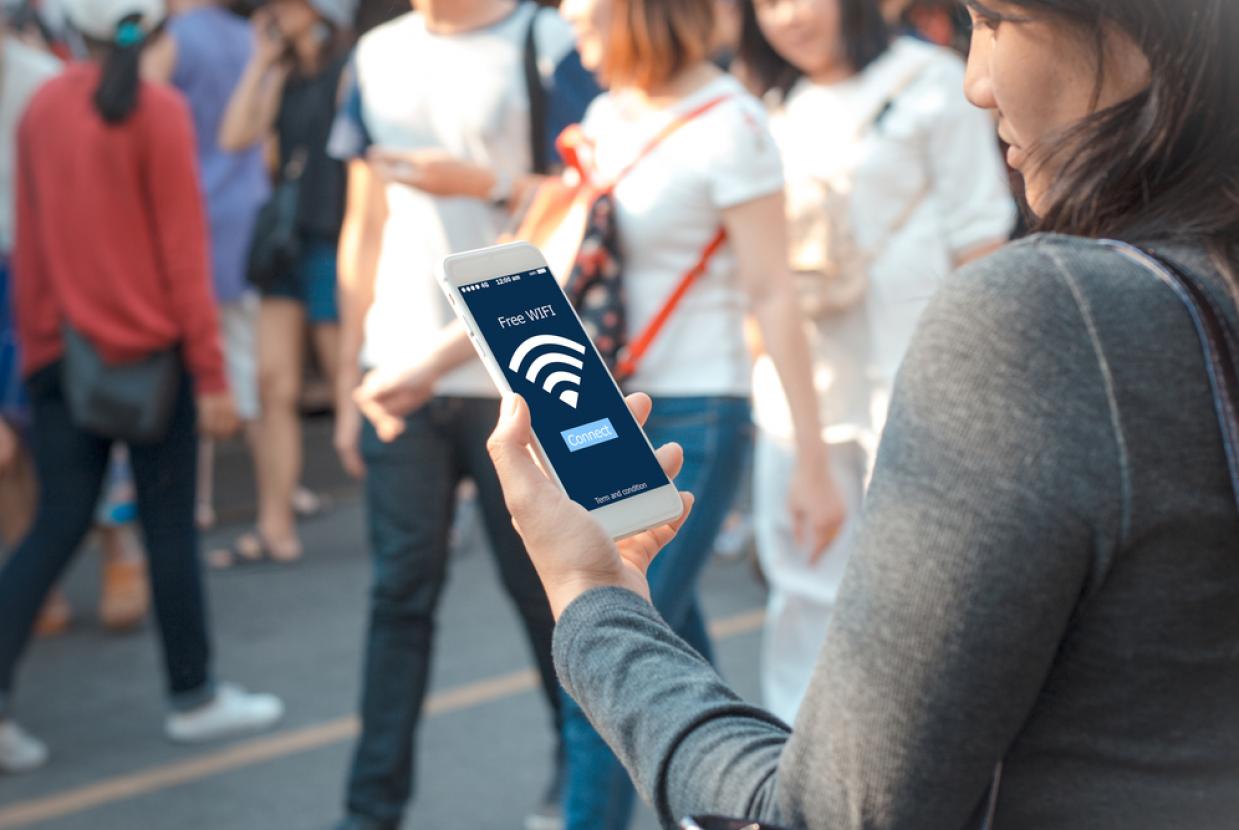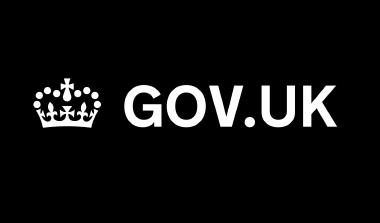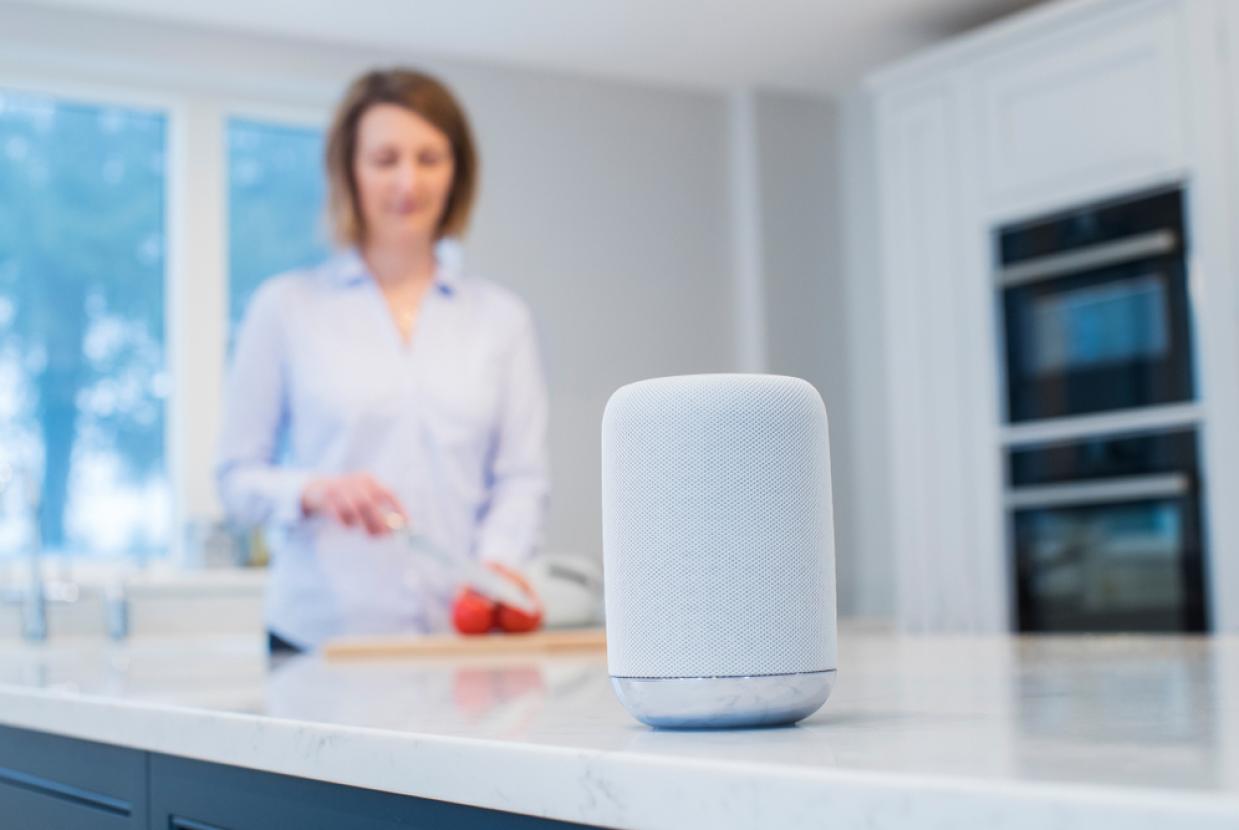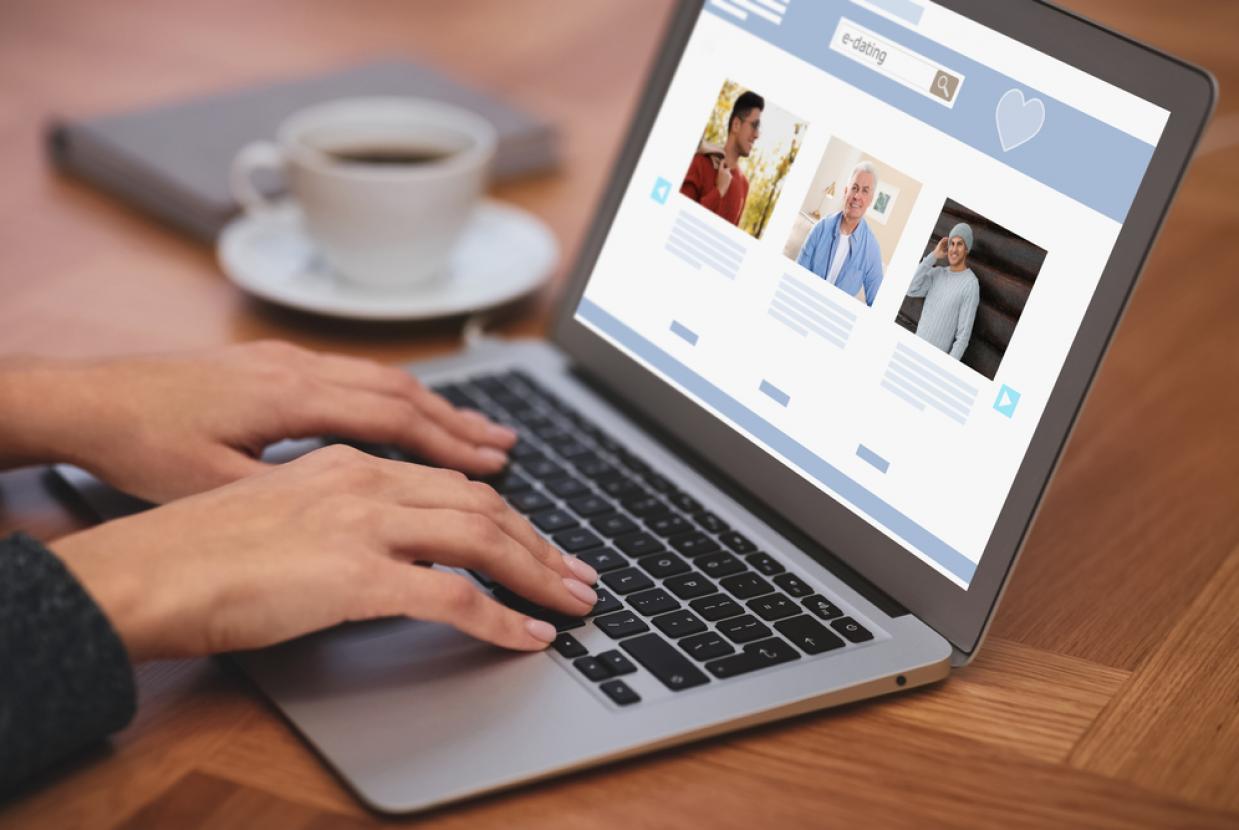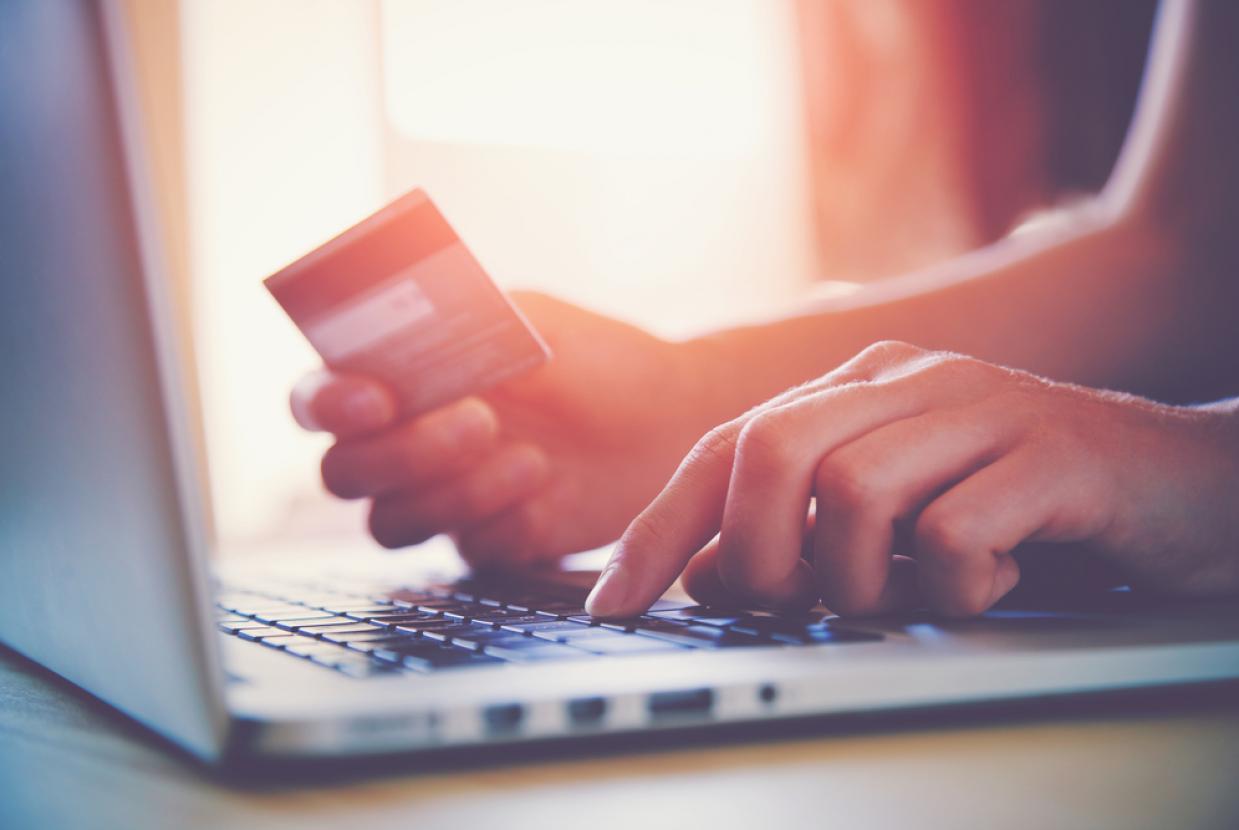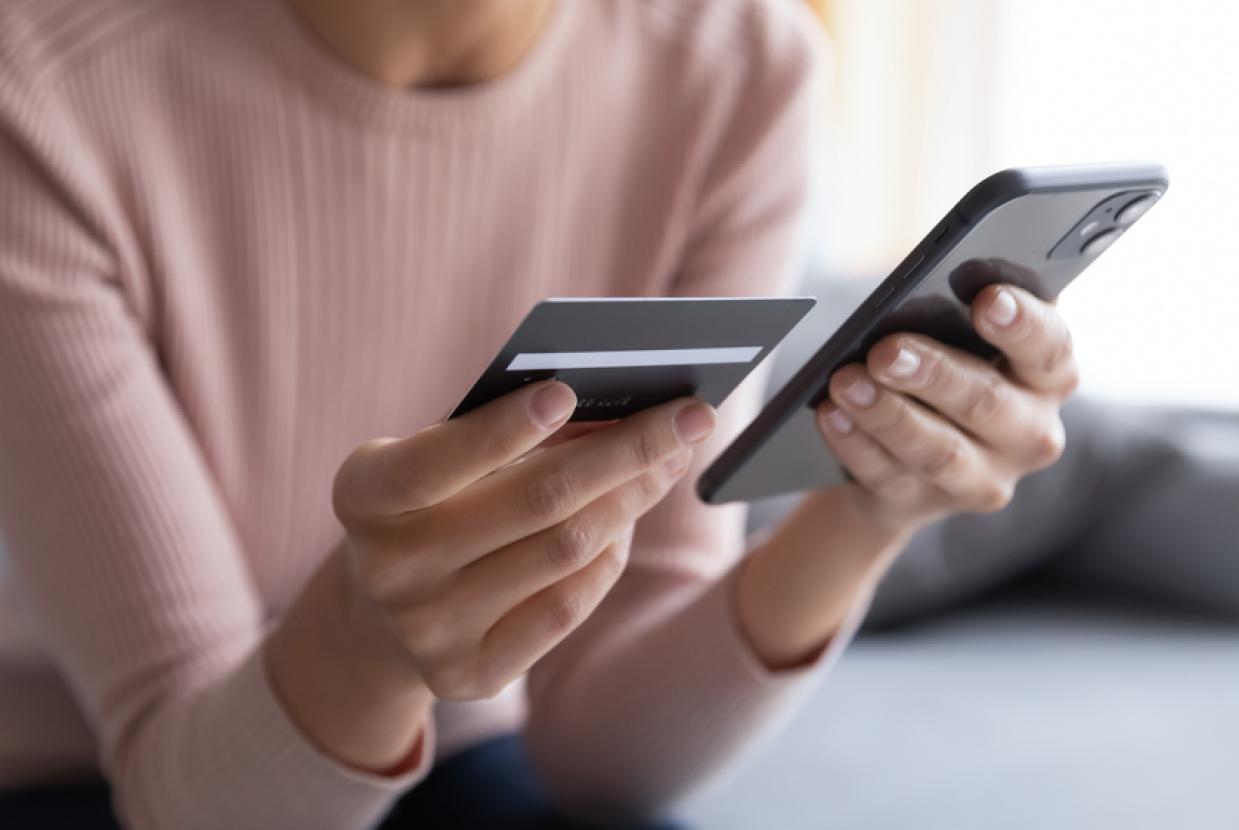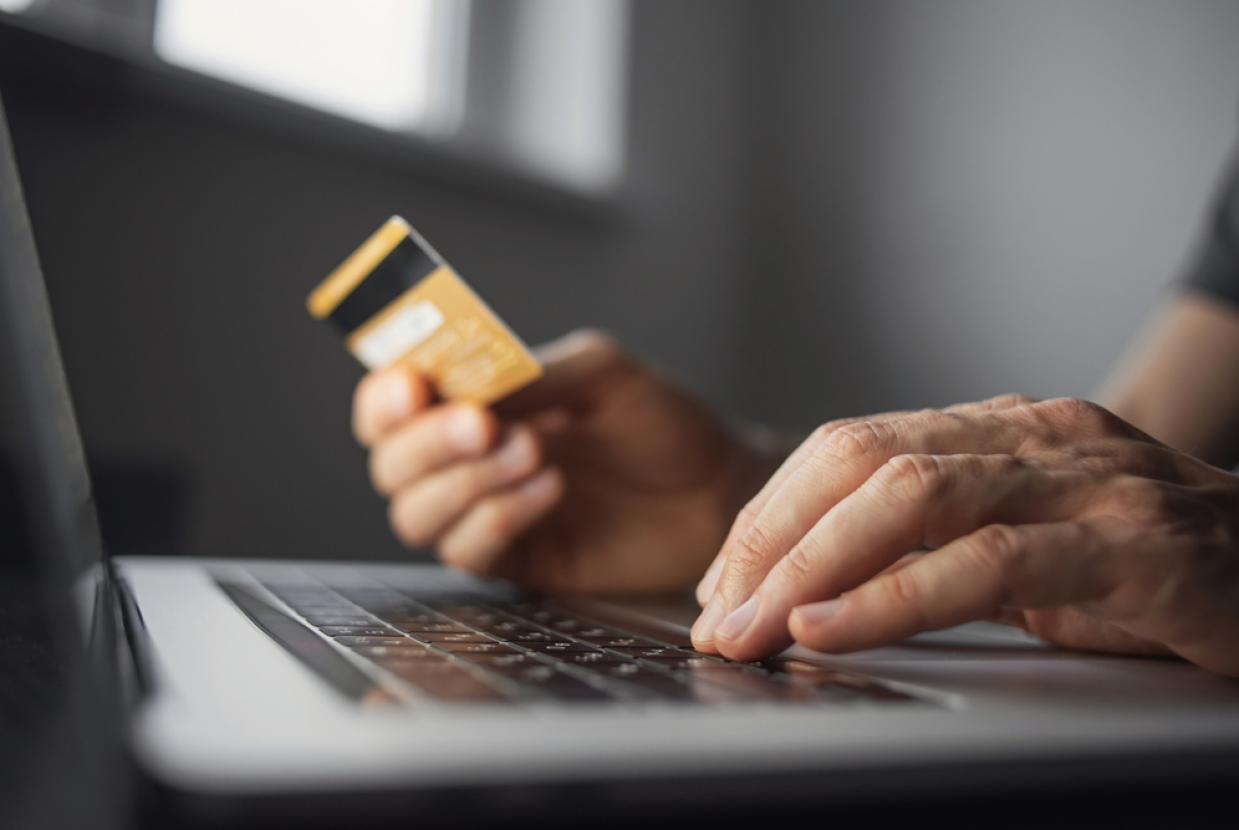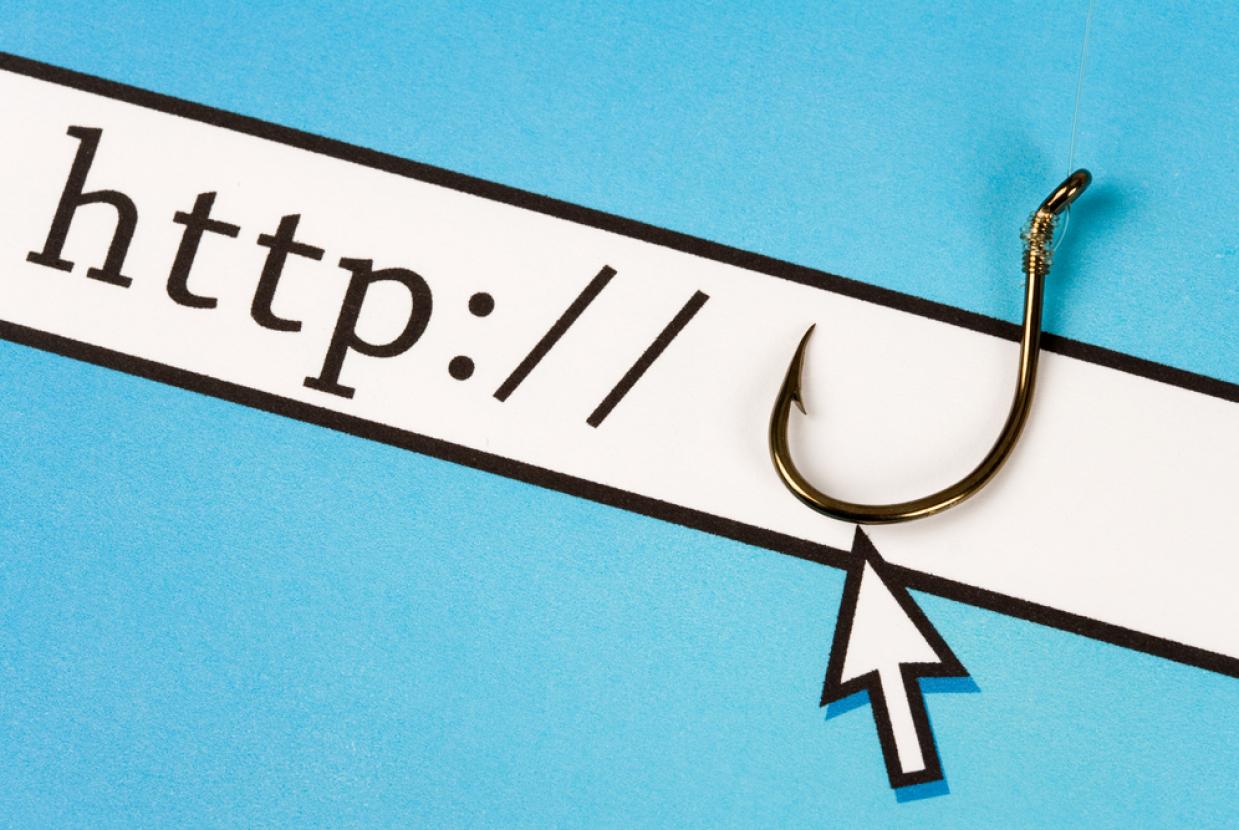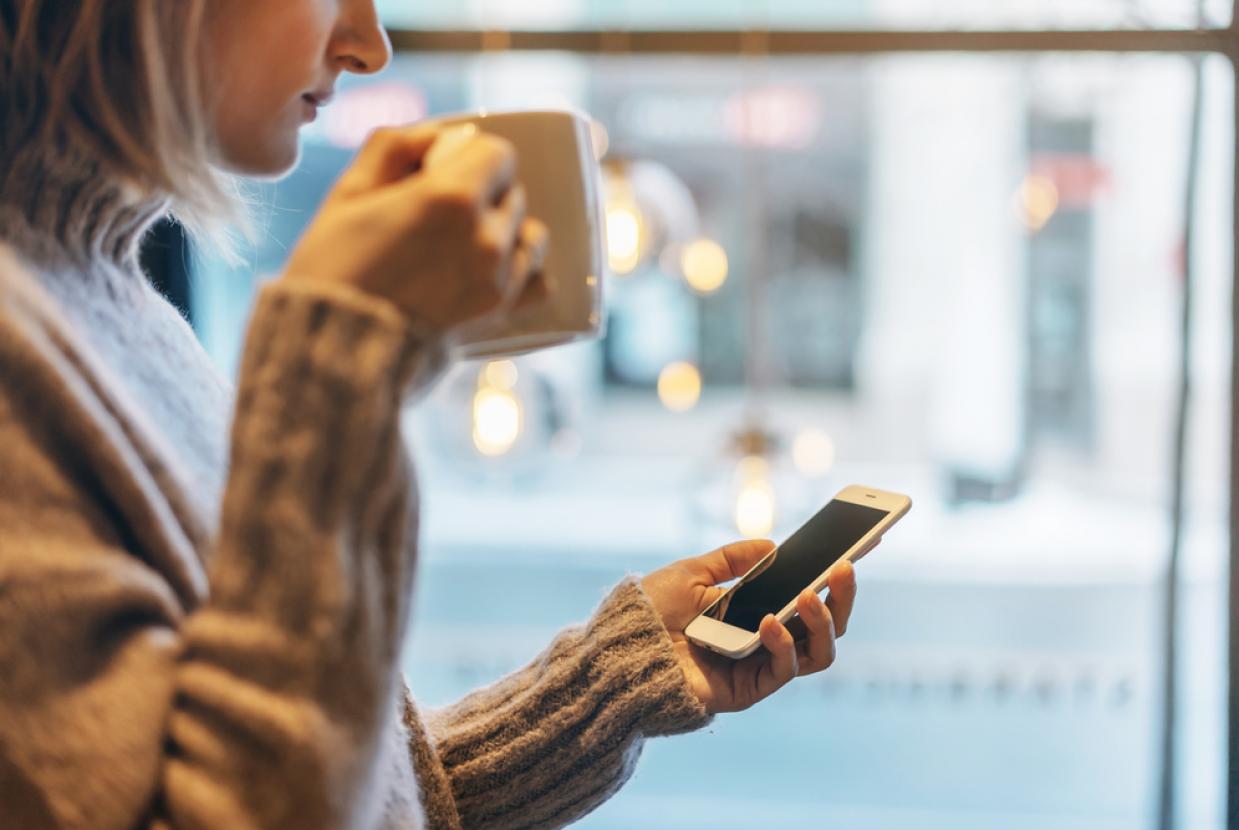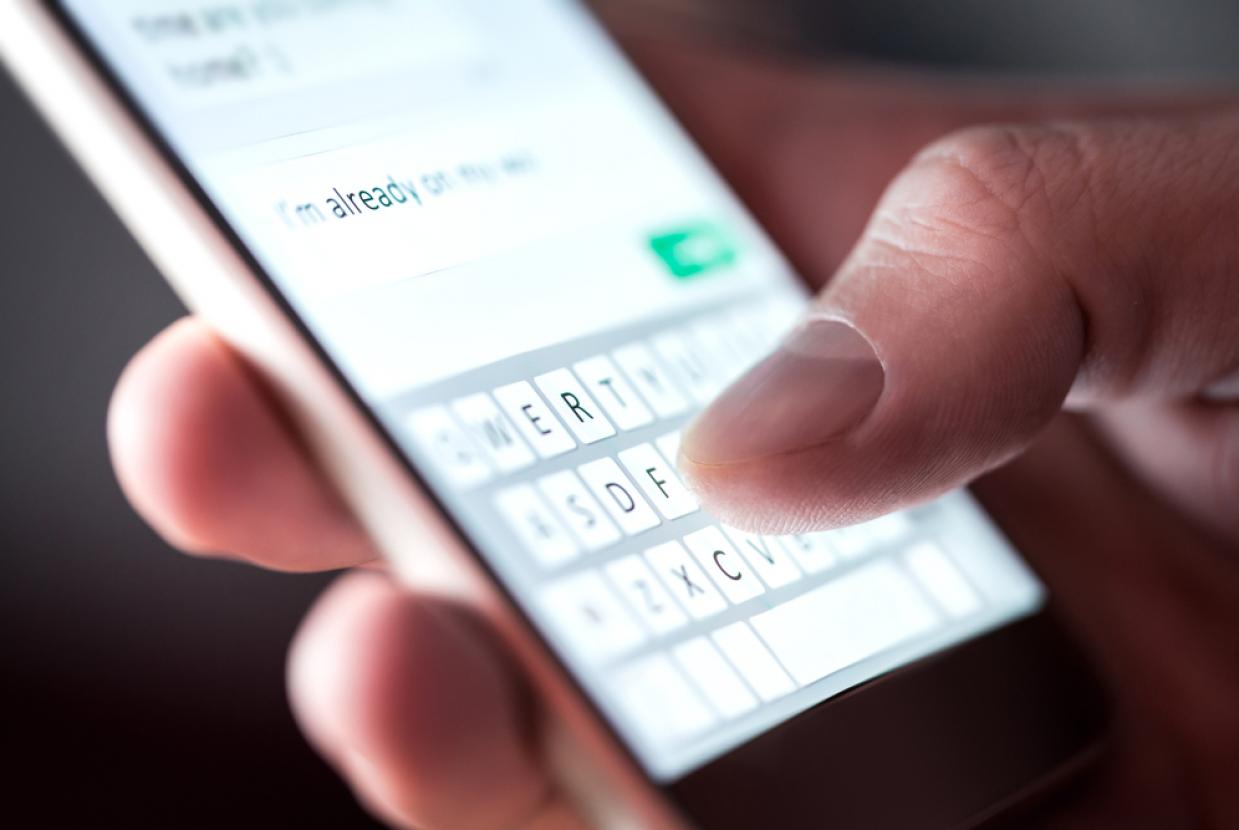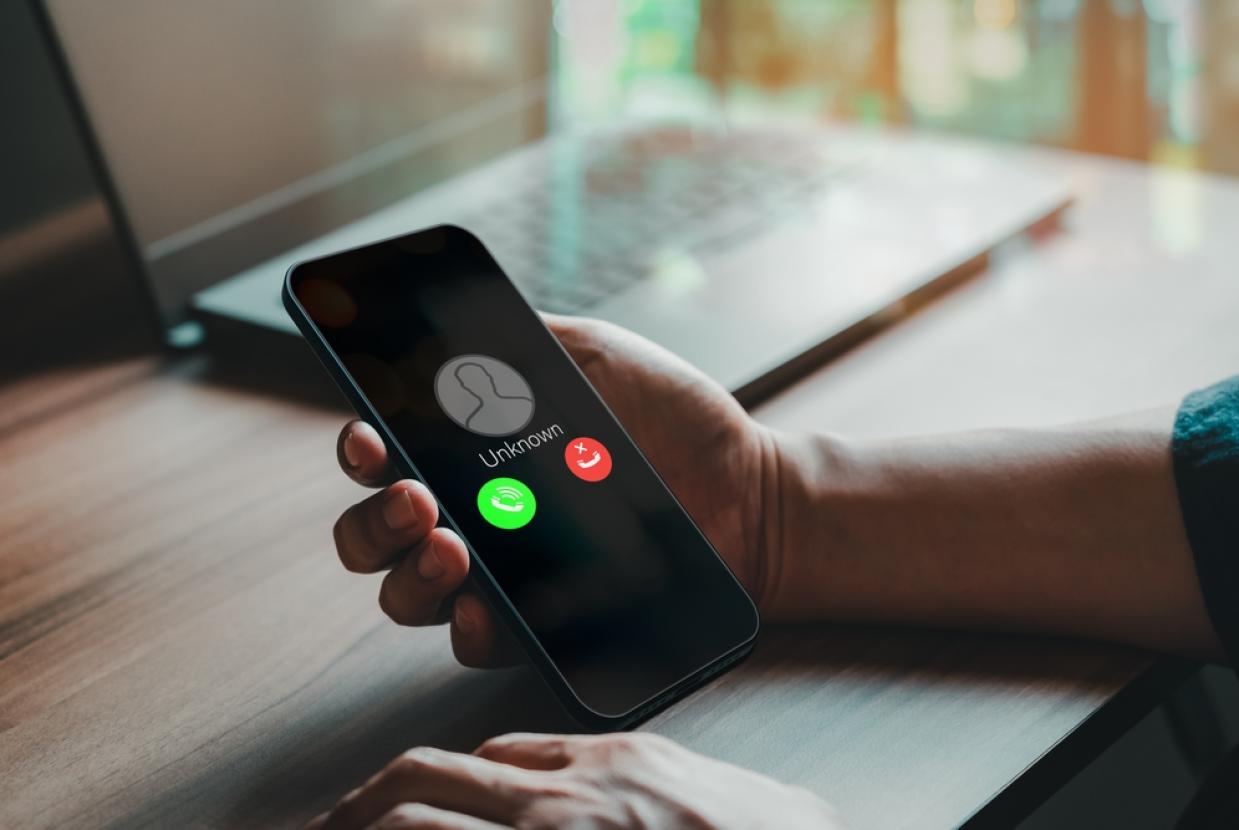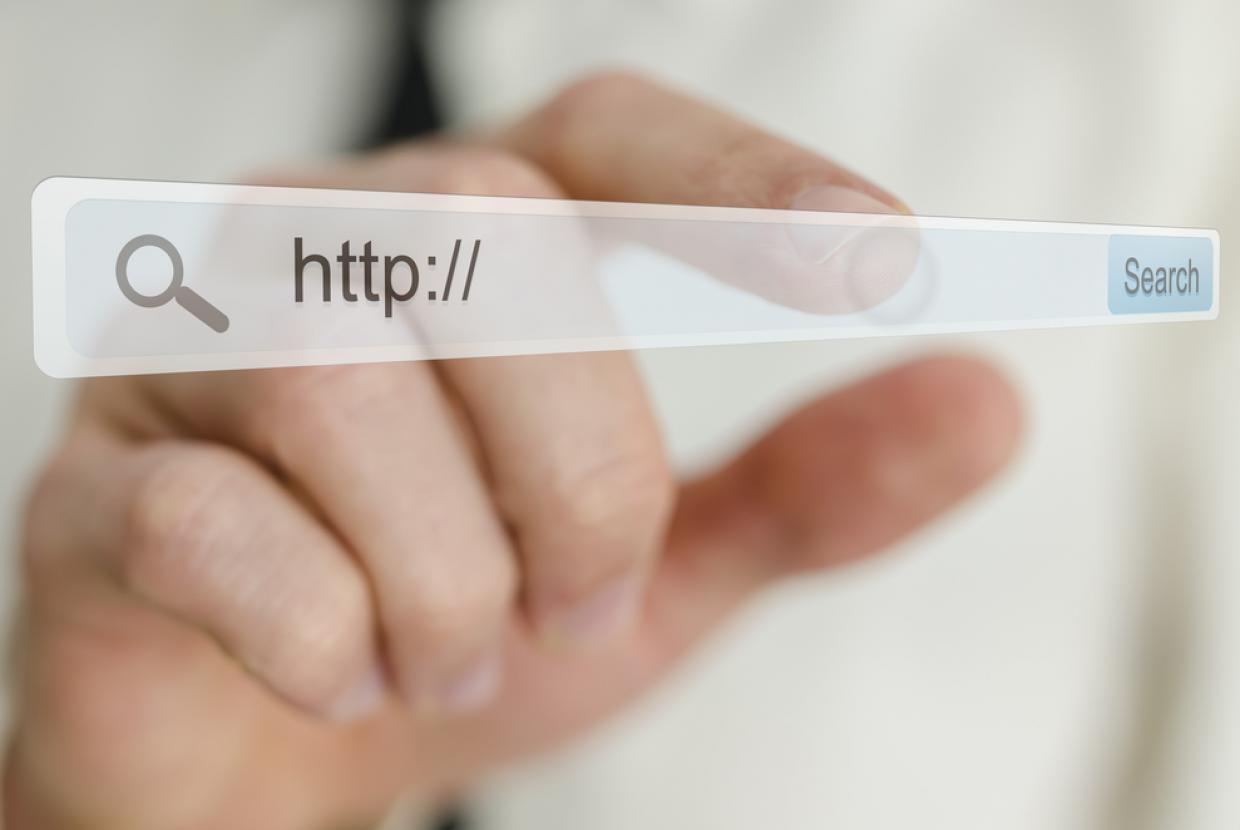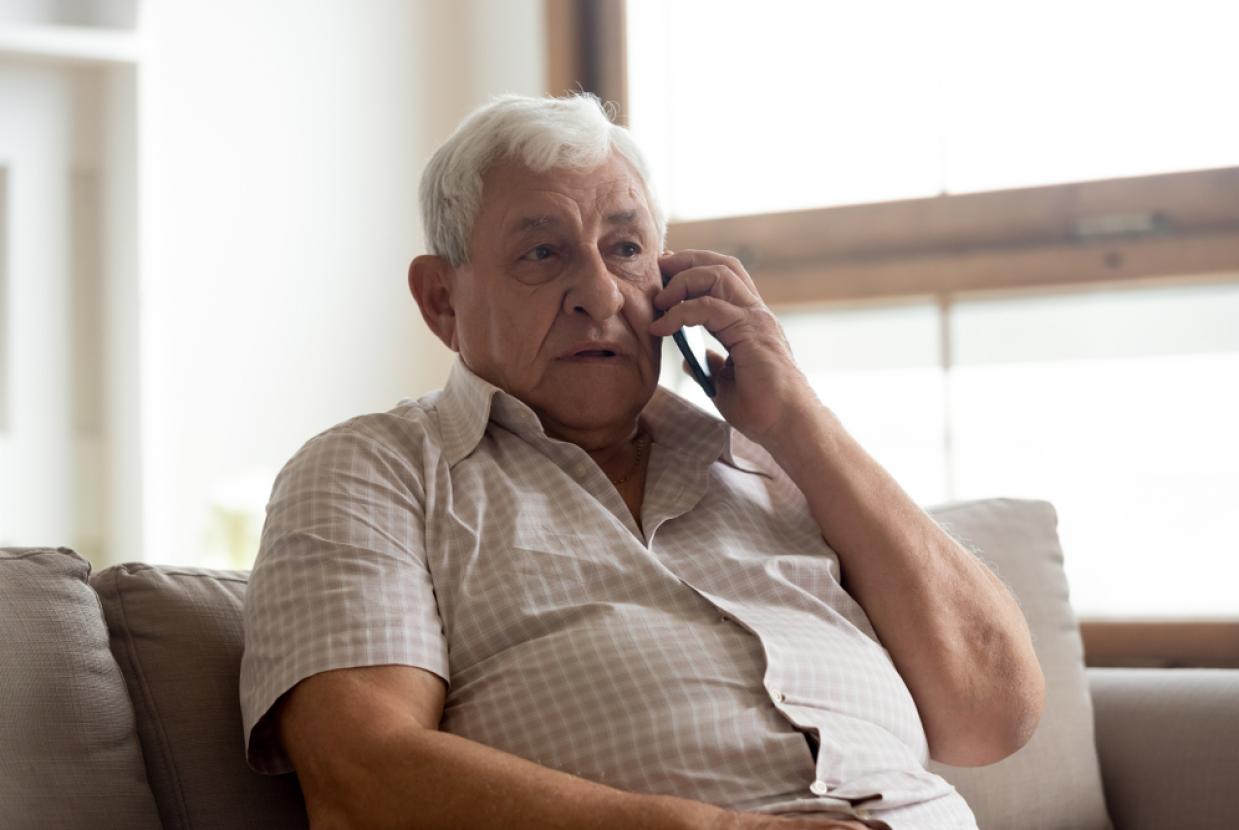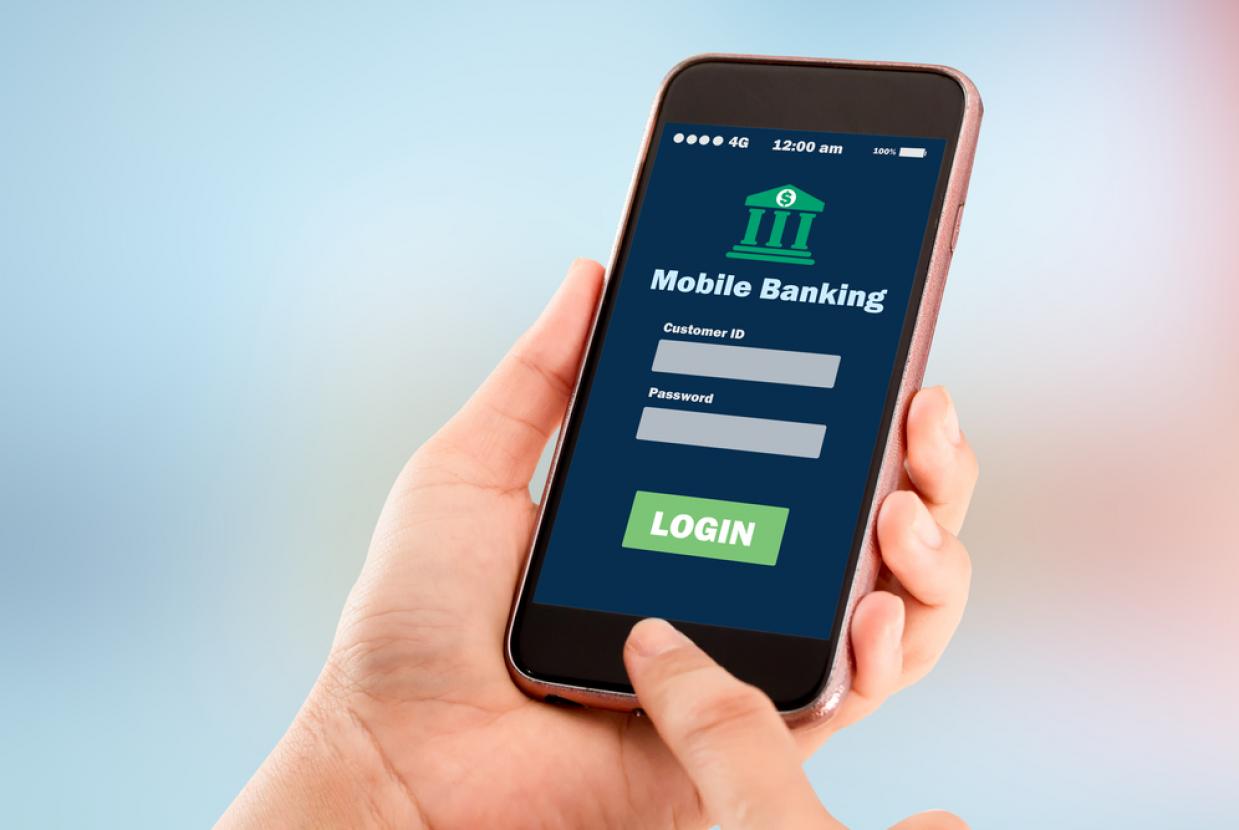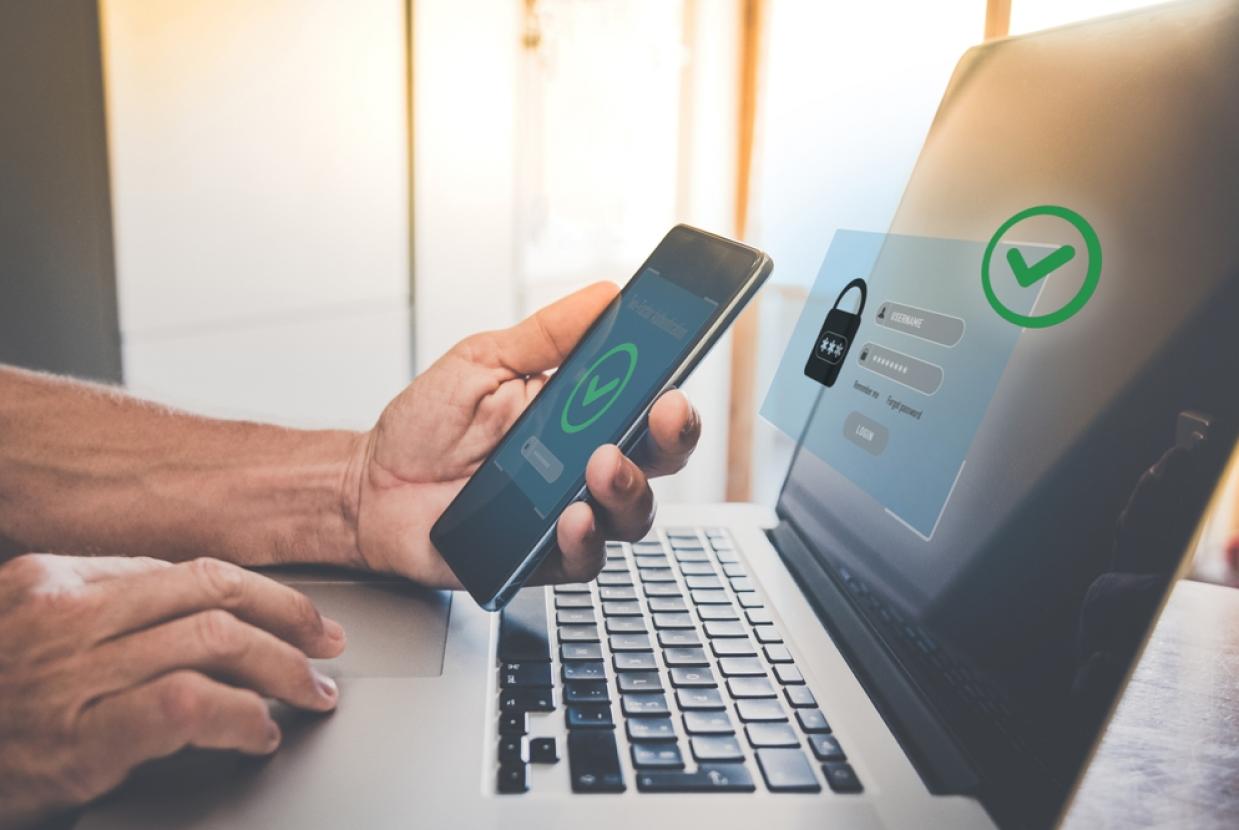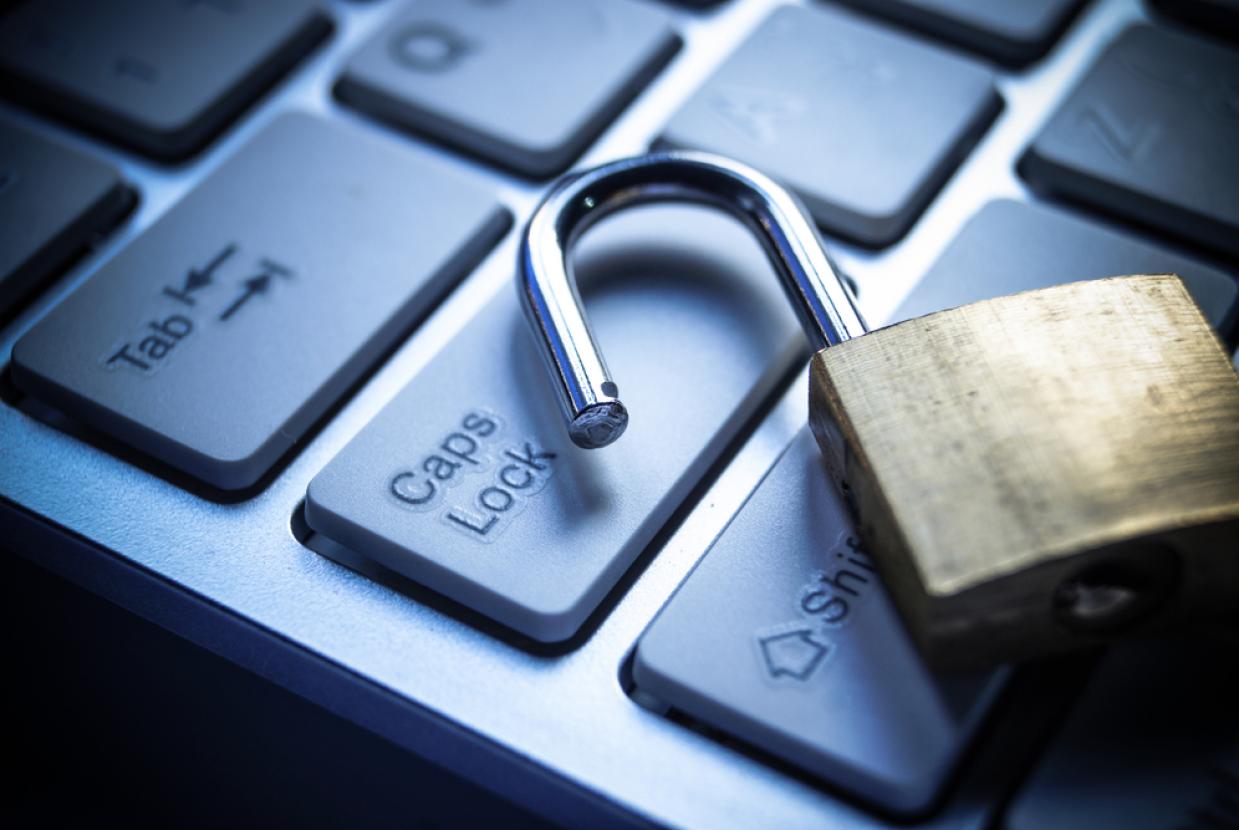Protecting Against Fraud In Public Places
Stealing personal information doesn’t always rely on a sophisticated online scam. Sometimes a criminal will use the more basic technique of physically watching you entering information on a keyboard, computer or at a cash machine. This is sometimes referred to as ‘shoulder surfing’. It can be done in person or by using a camera to film what you’re doing.
Cash machines are especially vulnerable to fraud. Criminals may fit a hidden camera to the cash machine to see what PIN you enter. They will then attempt to steal your card so they can access your bank account – either by distracting you or using a device that can trap your card. When you leave the cash machine to report the lost card, the fraudster returns to retrieve it.
3 ways to keep you and your money safe
1. Keep passwords well hidden
You should:
- take extra care to shield any PINs, passwords or passcodes when logging in
- use the ‘hide password’ feature on your phone or tablet
- never write down or reveal your password where others might see it
- consider using a privacy screen – they are designed to reduce the viewing angle on your screen, making it difficult for anyone to see its content unless they’re sitting directly in front of it
2. Be vigilant at cash machines
To keep yourself safe:
- shield your PIN from cameras or prying eyes – stand close to the machine and cover the keypad with your wallet or other hand
- don’t let people distract you while you’re entering your PIN or withdrawing cash
If there’s any sign of tampering or damage to the cash machine, don’t use it and report your concerns to the bank concerned or the service provider. If your card is retained by a cash machine, report it immediately to your card issuer while still near the machine.
3. Protect your bank cards
Don’t let contactless cards out of your sight – even for a few seconds. A fraudster could copy the account details and CVV code, or use a skimming device to copy data from your card’s magnetic strip.
Be wary of public wifi
When out and about, it’s safest to use your mobile 4G or 5G network, which has built-in security, instead of public wifi hotspots. You can share your online connection with your laptops and tablets by ‘tethering’ them to your mobile phone. If you can’t use mobile data, you can still keep yourself secure on public wifi by:
- checking the wifi name is what you’re expecting – is it advertised by the venue you’re visiting, or did it just pop up on your phone?
- checking for https at the start of a website address, or the padlock symbol – while this doesn’t mean the website can be trusted, it does mean your data is encrypted and can’t be read by anyone controlling the wifi
If you have no choice, don’t do anything very sensitive (like banking) over public wifi.


